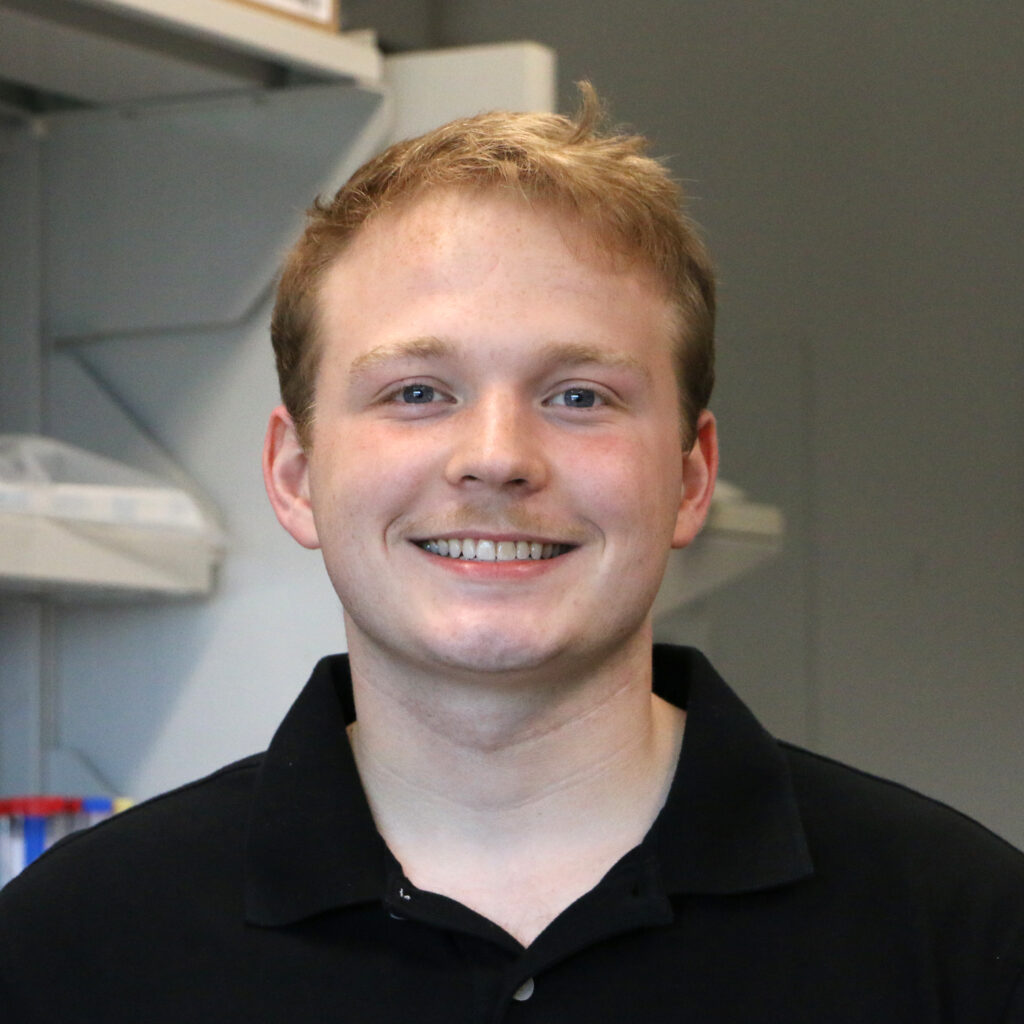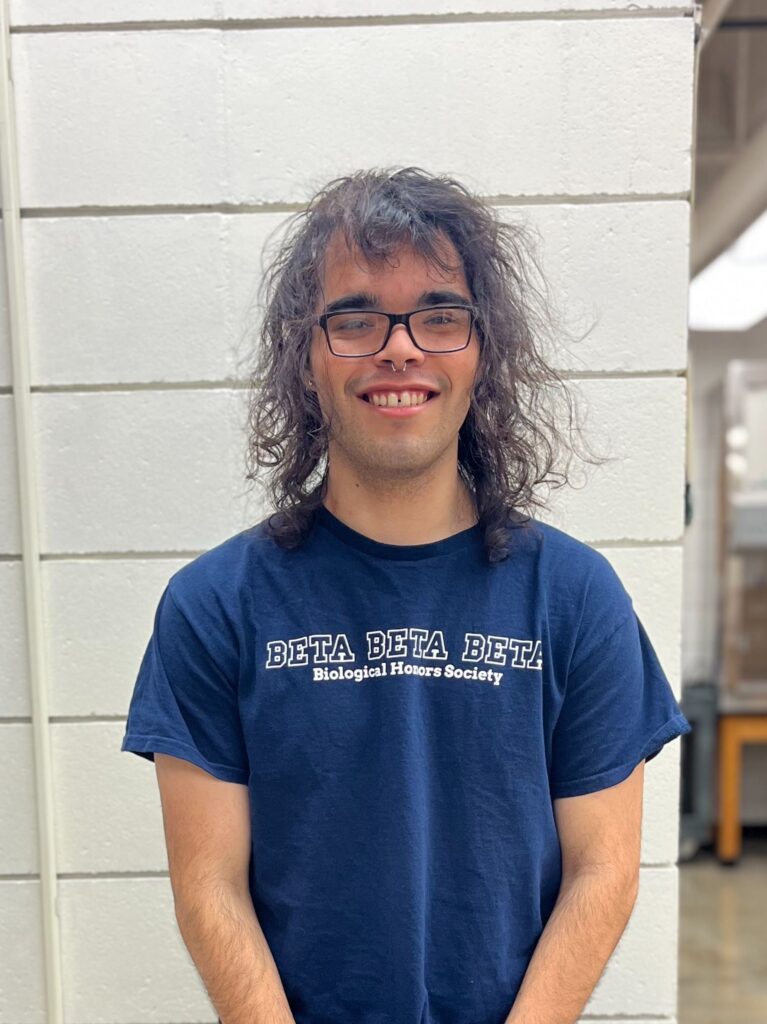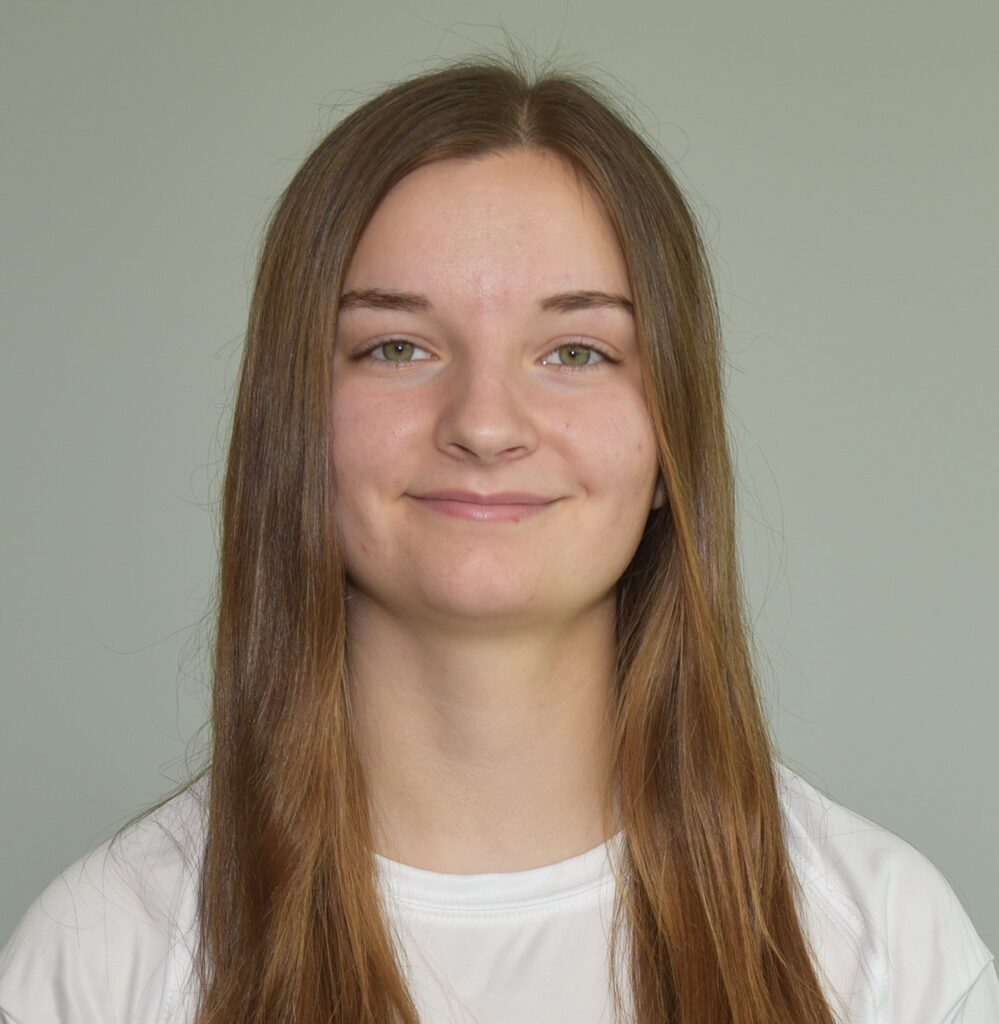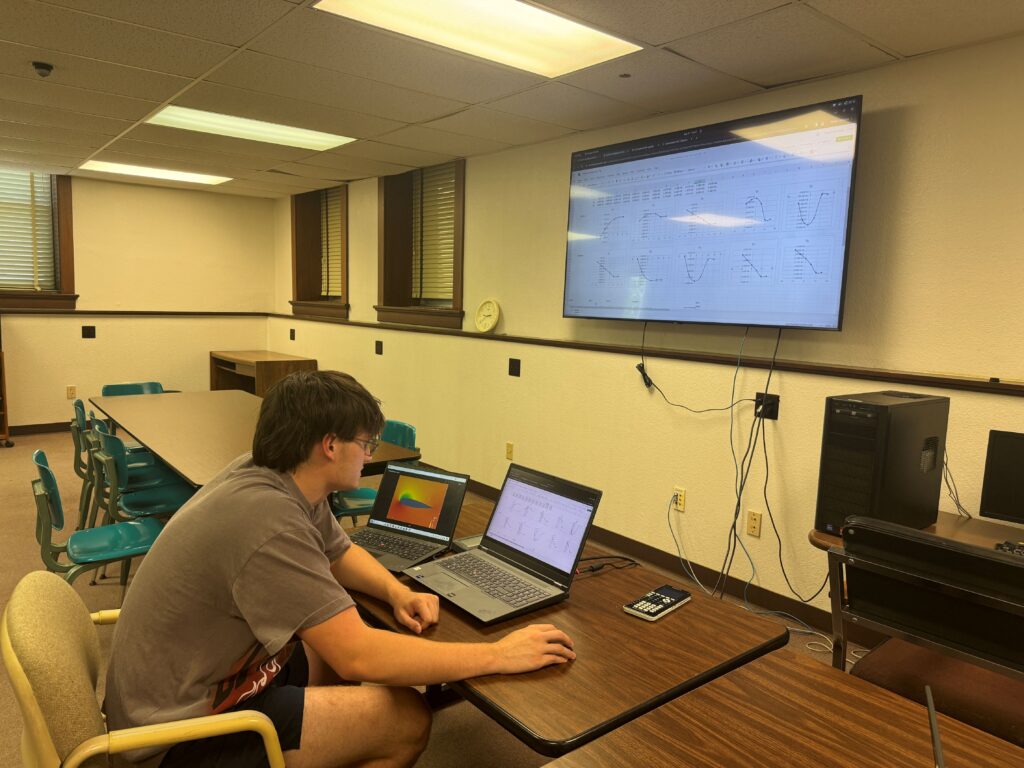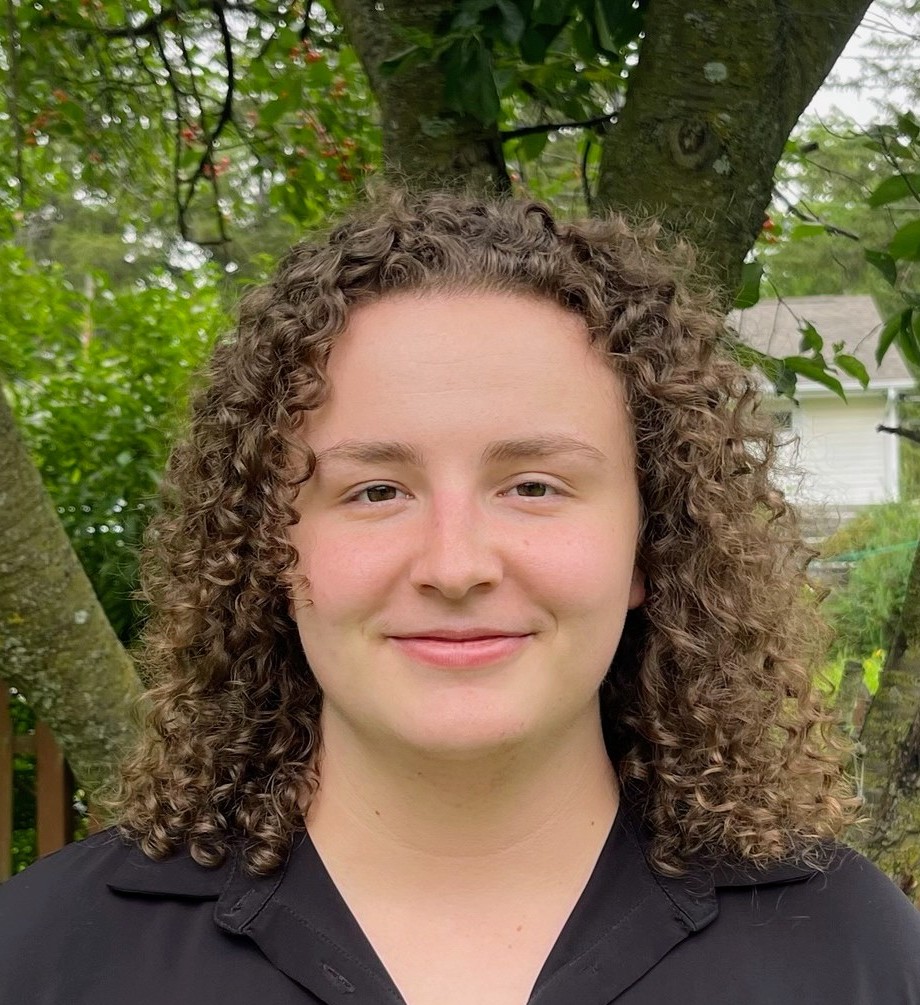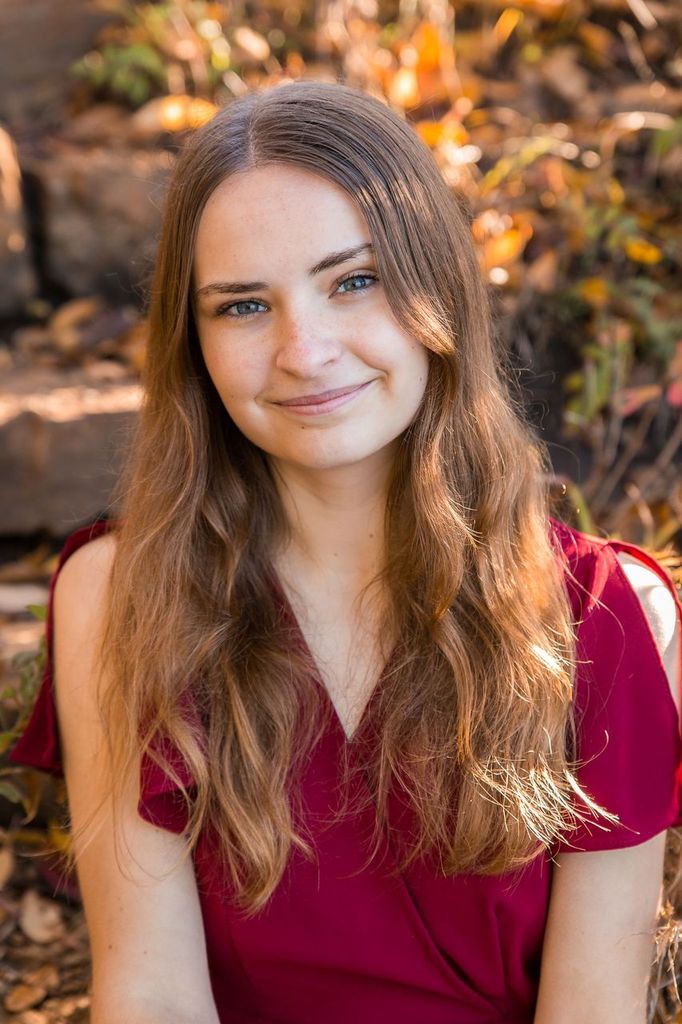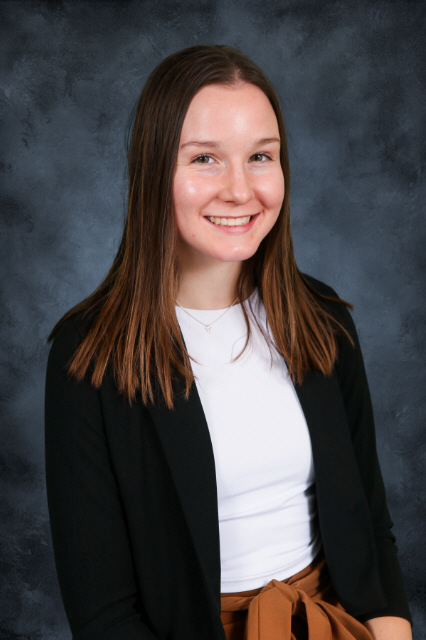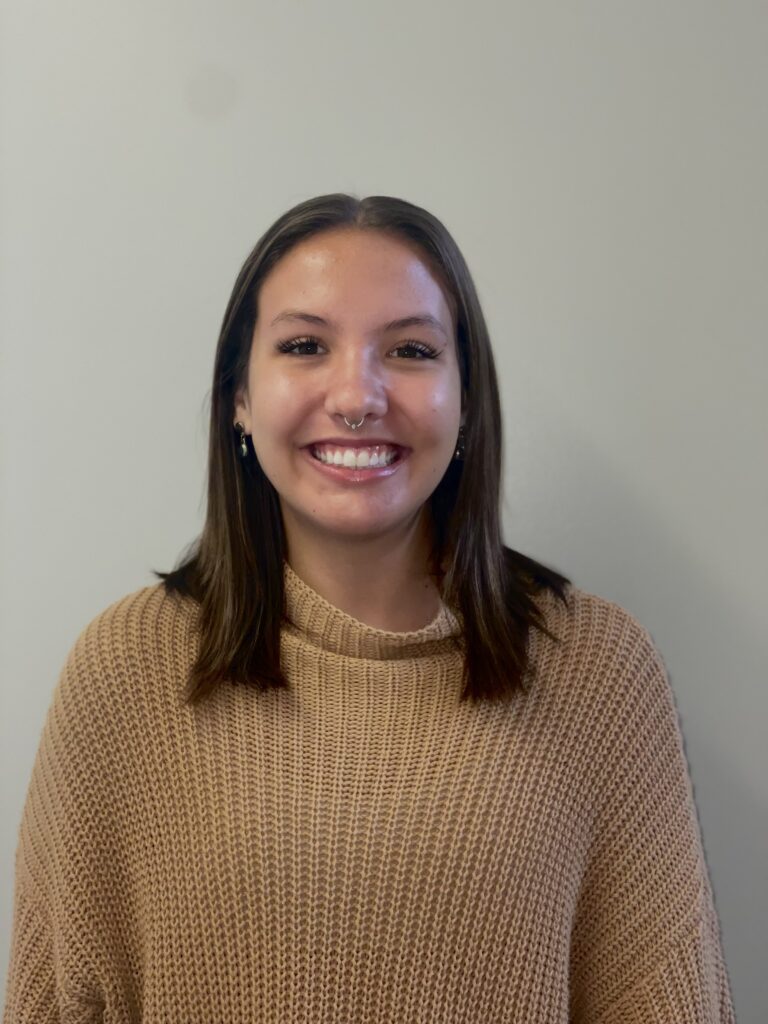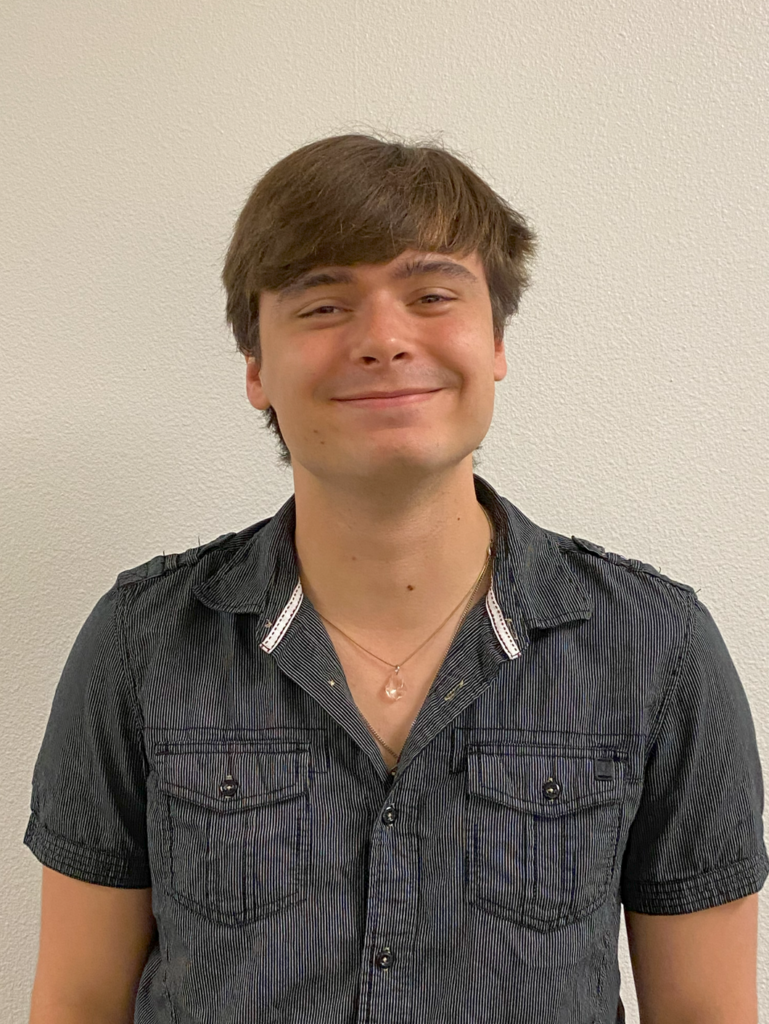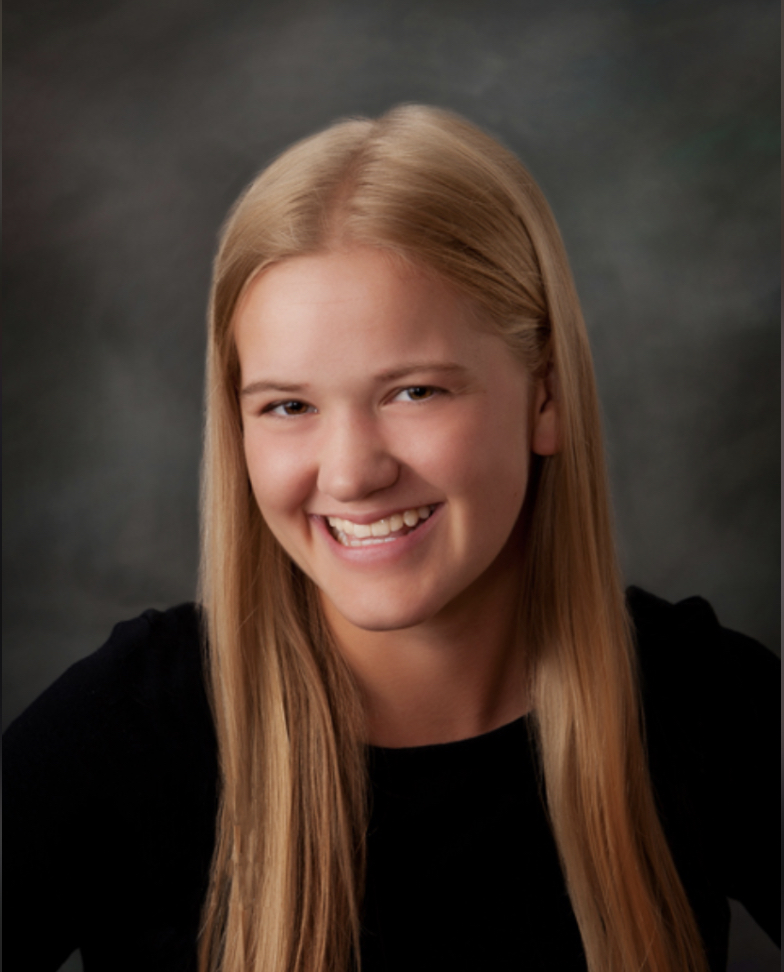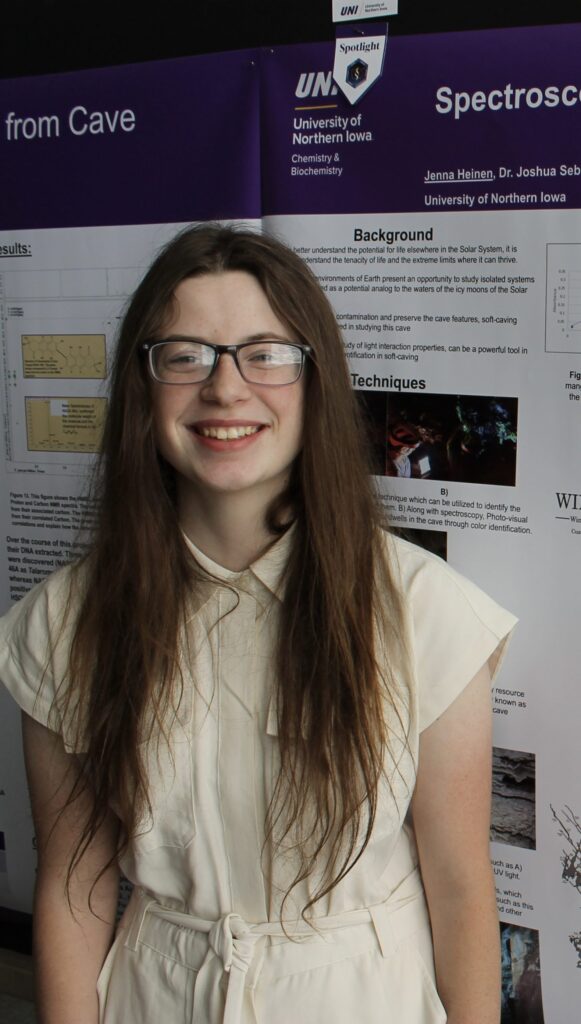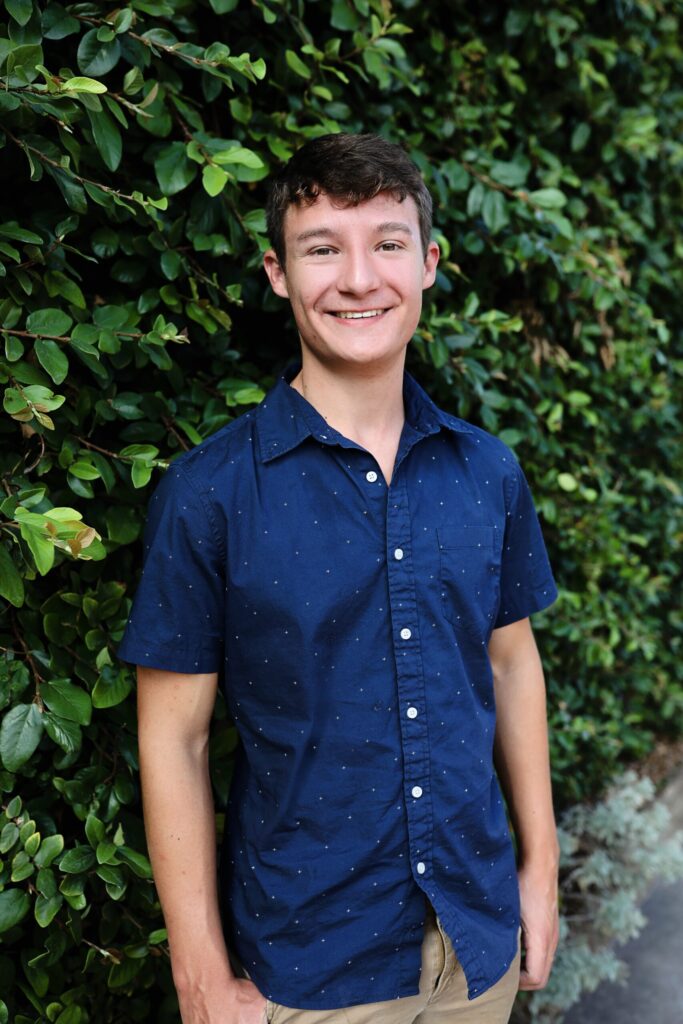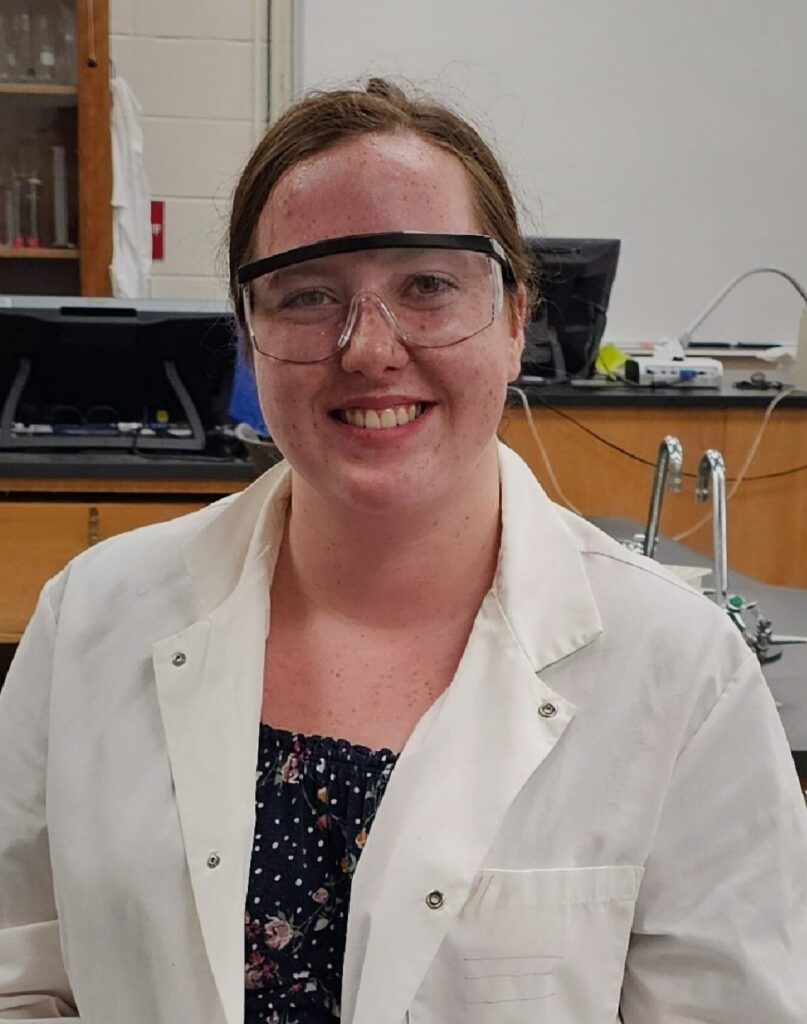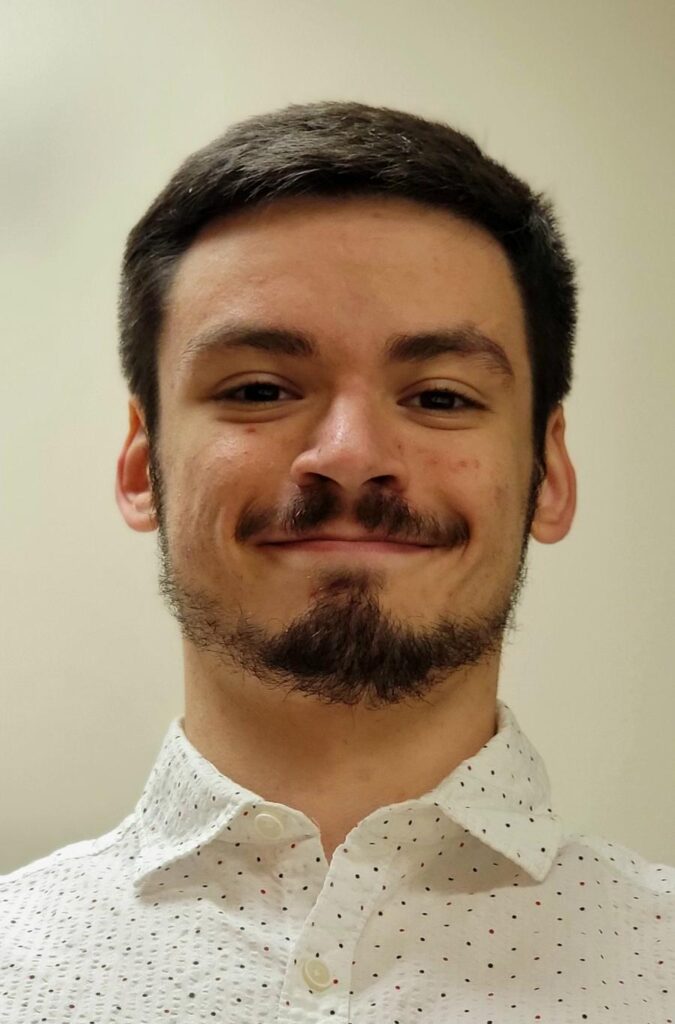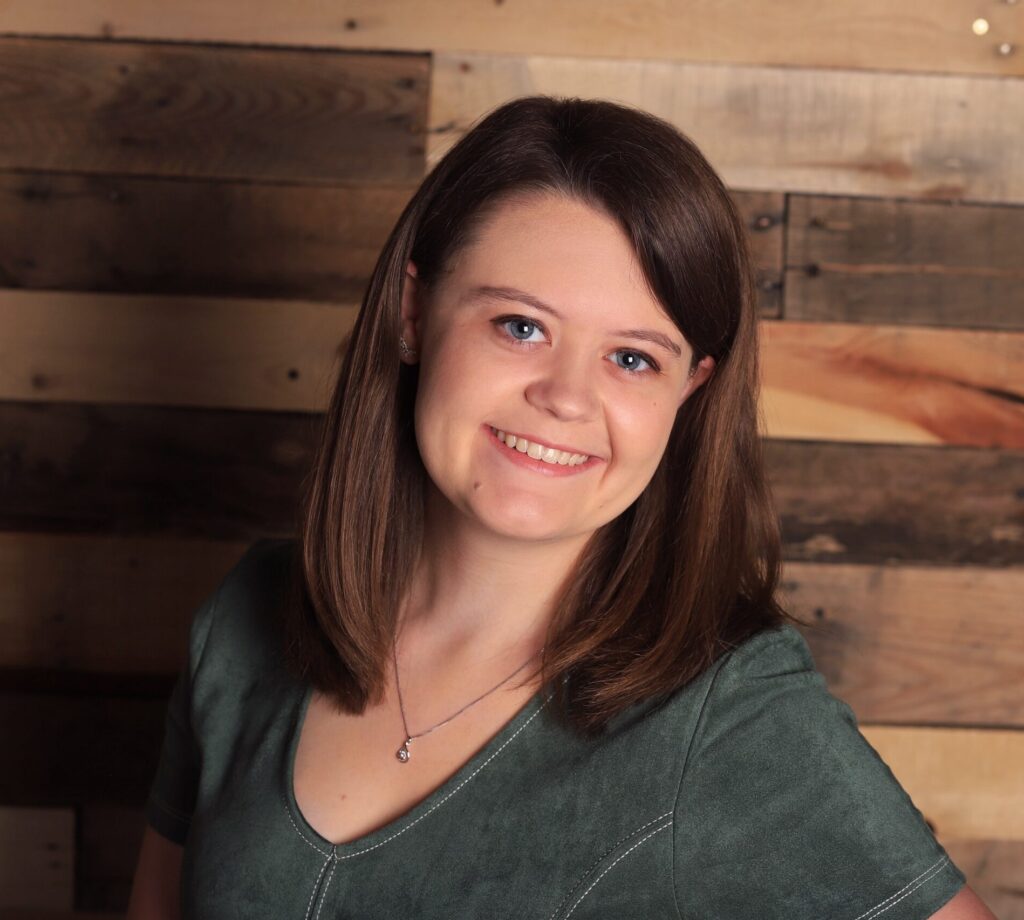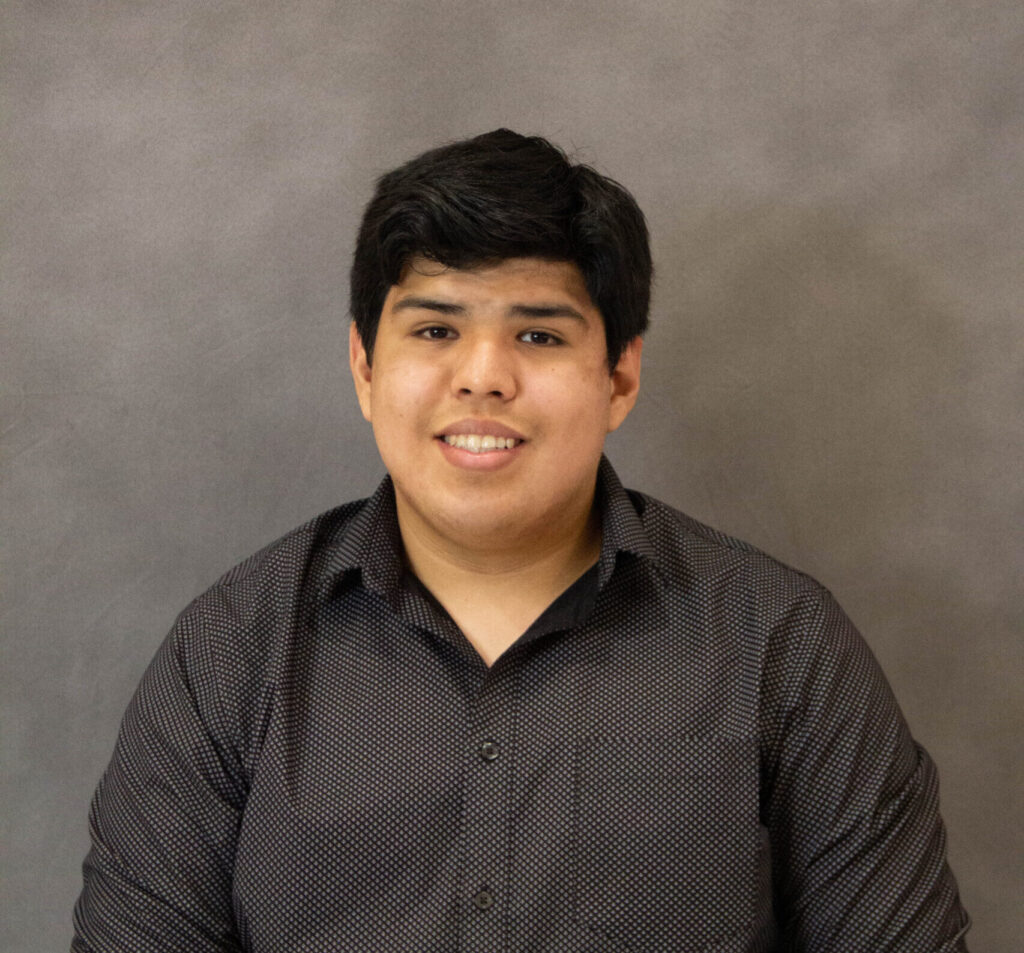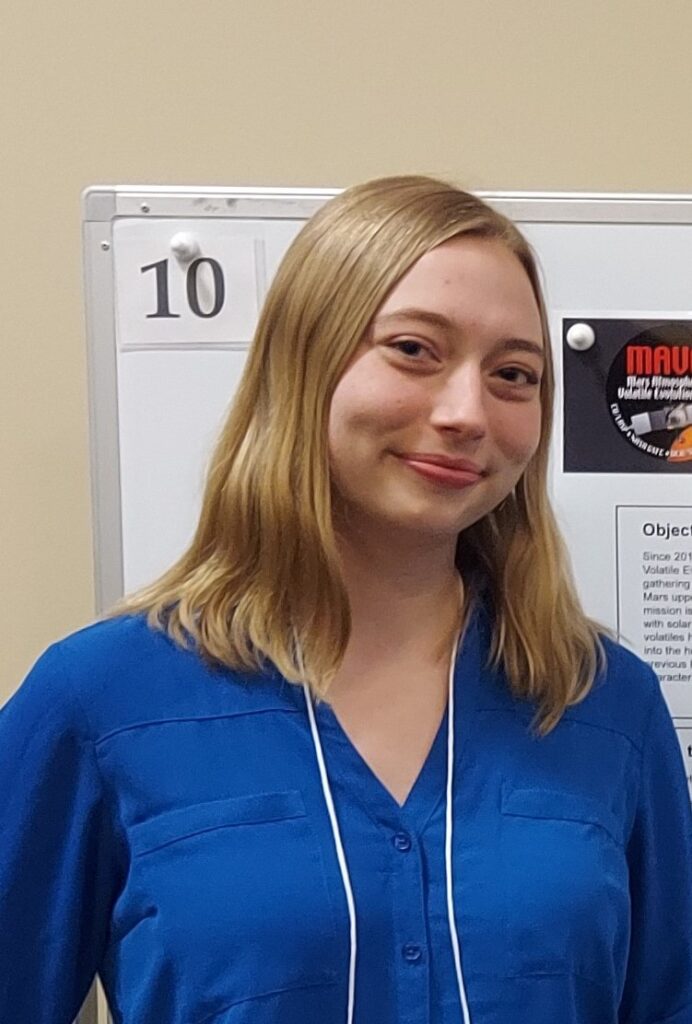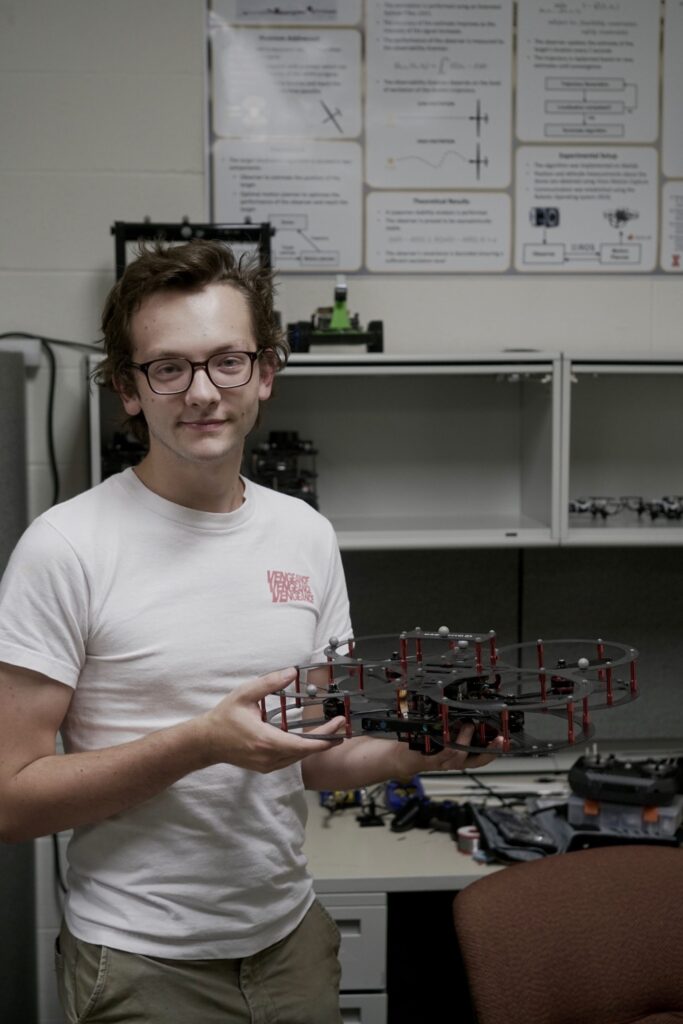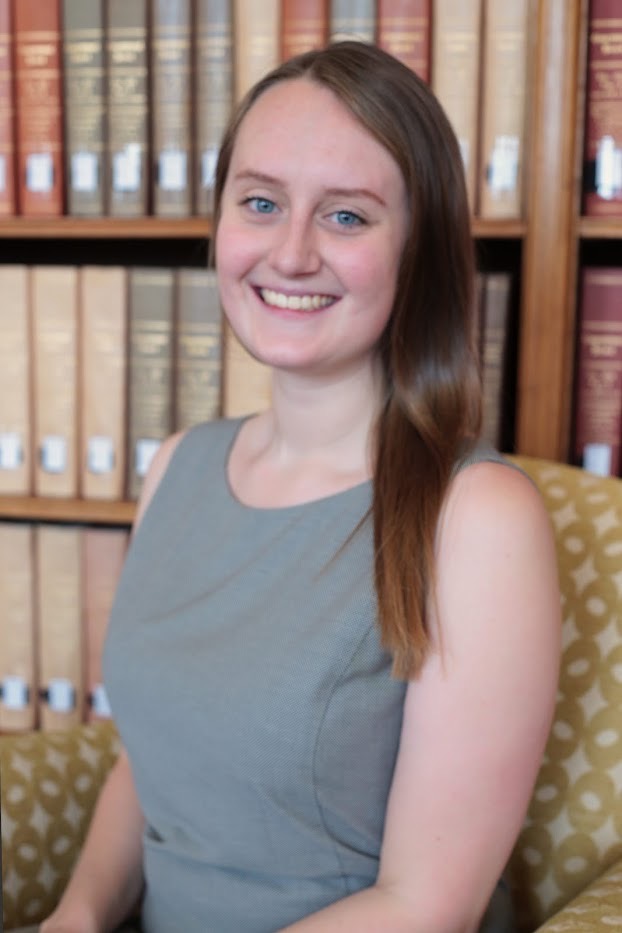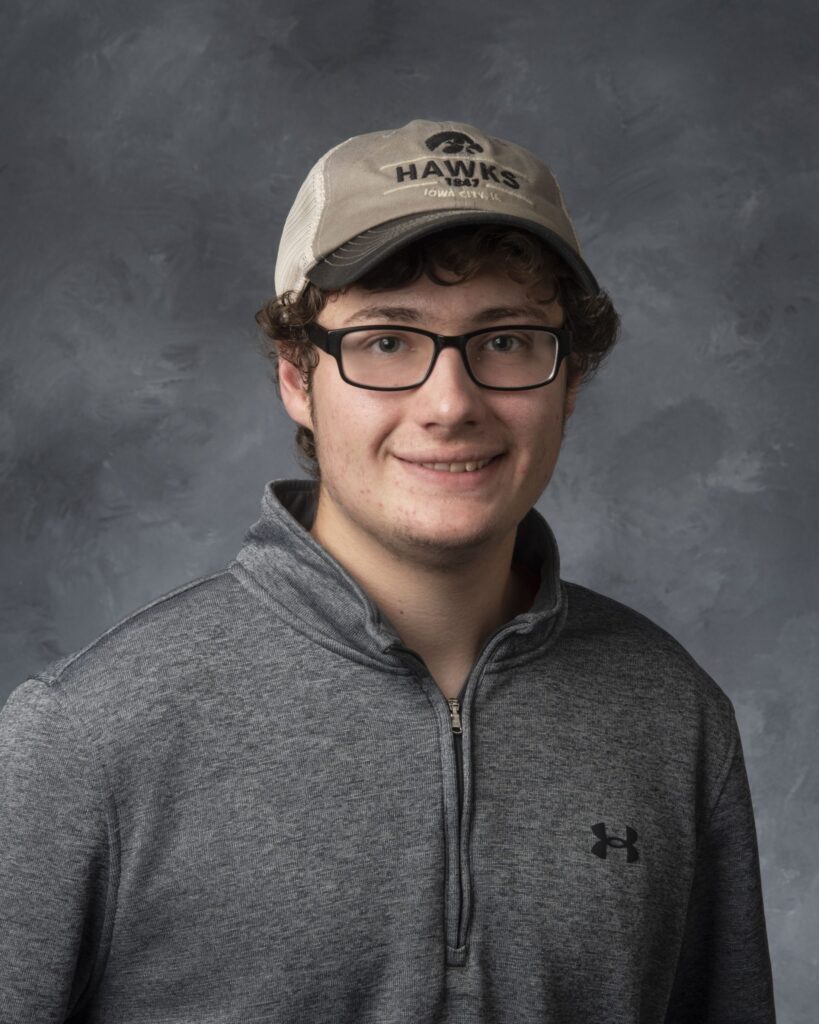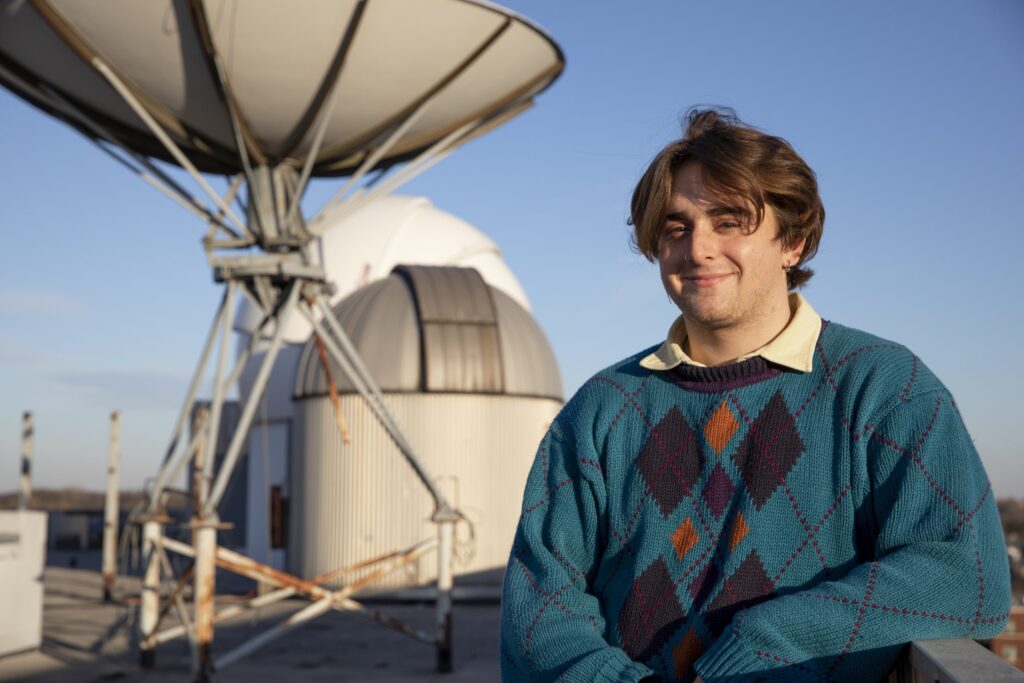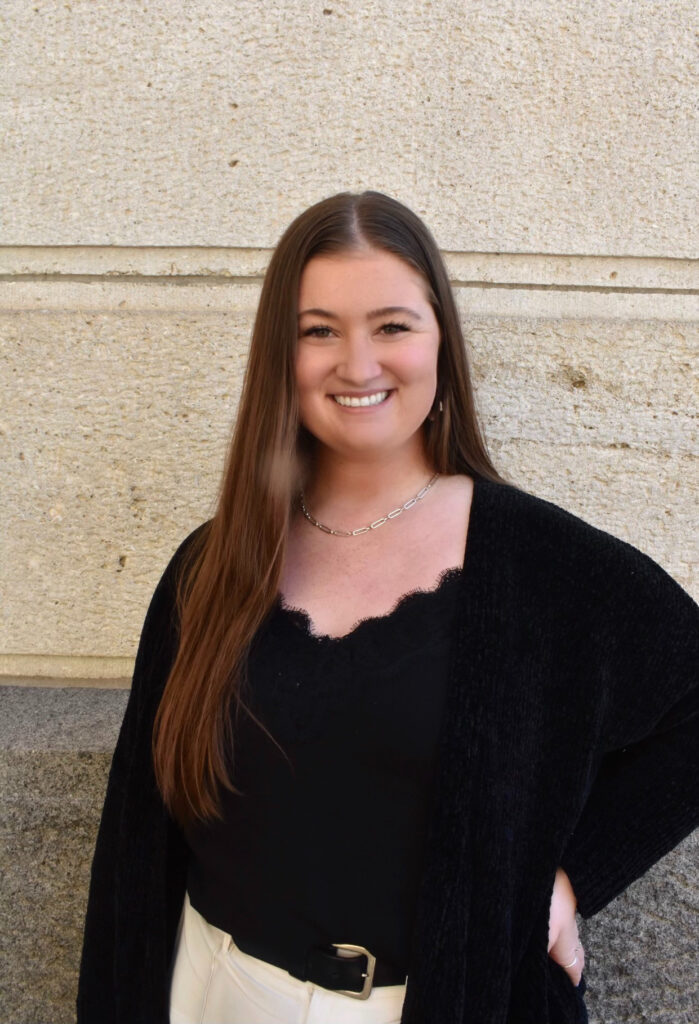Undergraduate Projects
Research Projects
2024-2025
Research Title:
LIDAR-based 3D Spherical Harmonics with Information Fusion for Target Tracking (SHIFT) Filter for Space Domain Awareness and On-Orbit Servicing
Research Title:
Effect of carbon monoxide-entrapping materials on the prevention of intra-abdominal adhesions
Research Title:
DNA Testing Microbes From Wind Cave National Park, SD
Research Title:
Modulation of Thermal Gradients in Lithium-Ion Batteries
Research Title:
Computational External Flow Analysis and Validation Across Complex Aerospace Models
Research Title:
Optimizing Airspace Safety and Efficiency: Developing Predictive Algorithms for Seamless Integration of Unmanned and Manned Aircraft
Research Title:
Determining the mechanism of action of filociclovir against adenovirus and cytomegalovirus
Research Title:
The Effect of Motivation on Attentional Breadth
2023-2024
Research Title:
Identification of Microorganisms from the Depths of Wind Cave
Research Title:
Analysis of Double-Strand Break Repair Pathway Genes in Human Cancer Cell Lines
Research Title:
MISSFIT – Artificial Gravity Model for Interplanetary Space Travel
Research Title:
Analysis of Increasing DNA Damage on Levels of DNA Ligase IV Found in Cancer Cells
Research Title:
Using GIS to evaluate the habitat isolation among pollinator Conservation Research Program habitat
Research Title:
Entrance to Entrance: A Hunt for Astrobiological Analog Sites at Wind Cave
Research Title:
The Spectroscopic Characterization of Crystals and Waters at Wind Cave National Park as an Analog for Space
Research Title:
Verifying Post-Merger Stellar Evolutionary Processes
Research Title:
Implementation of a 10-meter Radius Centrifuge Model into a Simulator of the Human Cardiovascular System
Research Title:
Decoding Destabilization: Investigating the Mechanisms by Which Disruption of the RAD51:RAD51 Interface Affects RAD51 Nucleoprotein Filament Integrity and Function
Research Title:
Computational and Experimental Aerodynamic Analysis of Future Conceptual Commercial Aircraft Designs
Research Title:
Biotronics: Bio-Ion Gated Transistors
Research Title:
Near-Infrared Spectral Analysis of TYC 2597-735-1
Research Title:
MISSFIT – Artificial Gravity Model for Interplanetary Space Travel
Research Title:
Novel Applications of Hyperpolarized 129Xe Magnetic Resonance Imaging
Research Title:
Novel Matrices for Gas Entrapping Materials to Optimize Dissolution Kinetics and Delivery
Research Title:
Identification of Microorganisms from the Depths of Wind Cave
2022-2023
Research Title:
FACTS- Floating Attitude Control Test System
Research Title:
Identification of Microorganisms from the Depths of Wind Cave
Research Title:
Analysis of Double-Strand Break Repair Pathway Genes in Human Cancer Cell Lines
Research Title:
Properties of Mars Induced Magnetic Fields as Compared to Venus
Research Title:
Curing Nanocellulose for Extraterrestrial Applications
Research Title:
Analysis of Increasing DNA Damage on Levels of DNA Ligase IV Found in Cancer Cells
Research Title:
Multi Loop Control of Complex Autonomous Systems
Research Title:
Laser-Induced Graphene Ion-Selective Electrodes with Electrochemically Deposited Platinum Nanoparticles
Research Title:
Beam Me Up, Scotty! New Algorithms for Characterizing the Beams of Next-Generation CMB Experiments
Research Title:
Development of Remote-Controlled Compound MP Nanoparticles for Space Exploration
Research Title:
The Spectroscopic Characterization of Crystals and Waters at Wind Cave National Park as an Analog for Space
Research Title:
Working Towards Developing Fluxgate Magnetometers to be Used in Constellation Missions
Research Title:
Kinematic Shape Sensing of Two-Dimensional Plates in Bending
Research Title:
Adjustable X-ray Optics: A New Technology for High Energy Astrophysics
Research Title:
Computational and Experimental Aerodynamic Analysis of Future Conceptual Commercial Aircraft Designs
Research Title:
Near-Infrared Spectral Analysis of TYC 2597-735-1
Research Title:
Exploring Microbial Composition of Moonmilk in Wind Cave National Park
Research Title:
Novel Applications of Hyperpolarized 129Xe Magnetic Resonance Imaging
Research Title:
Novel Matrices for Gas Entrapping Materials to Optimize Dissolution Kinetics and Delivery
Research Title:


